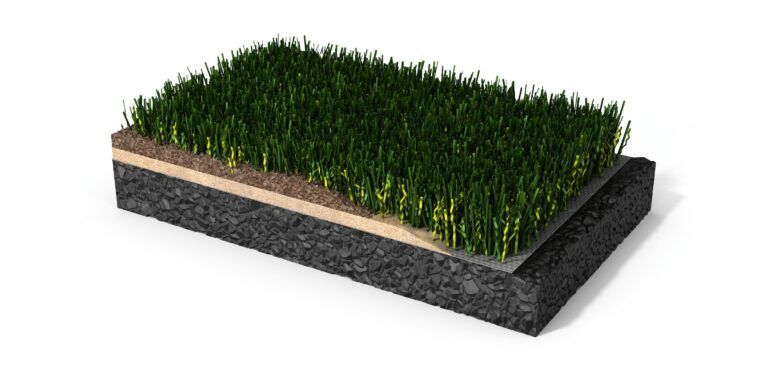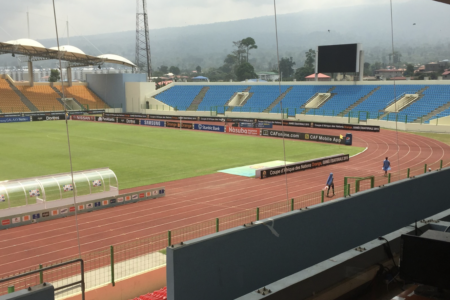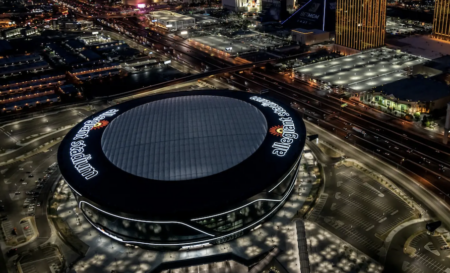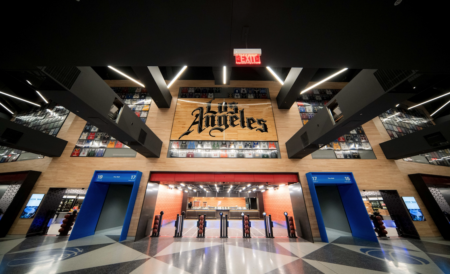Sustainability is a hot topic in the world of sports, and to increase environmental efforts on the field of play a new artificial turf has been launched that claims to be the world’s first CO2-neutral synthetic playing surface.
Made from 80% bio-based PE plastic, the new LigaTurf Cross GT from Polytan features turf fiber material manufactured from sugar cane, a renewable material. This bio-based raw material allows more than two metric tons of CO2 to be saved for every ton of material that is used for the fiber filaments. Over a complete football pitch, this adds up to about 56 tons of CO2.
The material is called I’m green polyethylene and is manufactured by the Brazilian world market leader, Braskem. It is extracted from sugar cane, a renewable raw material, far from the Amazon region. Another decisive environmental aspect for Polytan is that the sugar cane is cultivated first and foremost for the production of food: only the third pressing, which can no longer be used for table sugar, is used to manufacture the bioplastic.
Further enhancing its green credentials, the LigaTurf Cross GT’s combination of smooth and textured filaments means less infill crumb is required. It can be reduced by another 40% or so to less than 2 kg/m². What is more, the higher stitch density ensures better retention of the crumb in the surface, optimizes player protection and reduces the unwanted splash effect.
Also, Polytan has switched the entire production in Gefrath over to 100% green electricity and optimizing the manufacture of the back coating of the synthetic turf.
“LigaTurf Cross GT, the world’s first CO2-neutral football turf, is already the fourth product in the Green Technology range we launched in 2017. All GT product innovations are characterized by an improved eco-balance in the manufacturing process and can be easily recycled at a later stage,” said Friedemann Söll, Polytan chief product officer EMEA.





